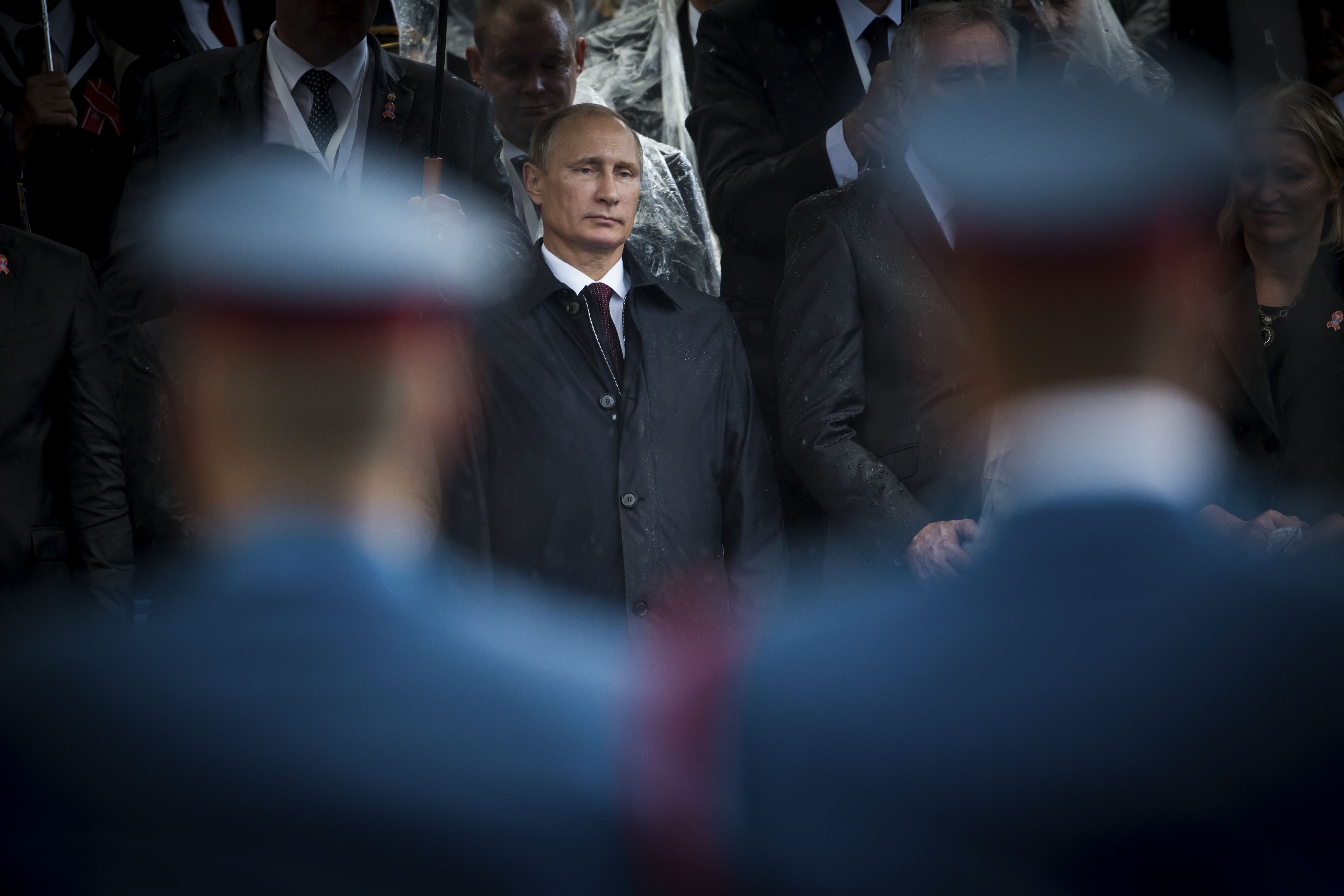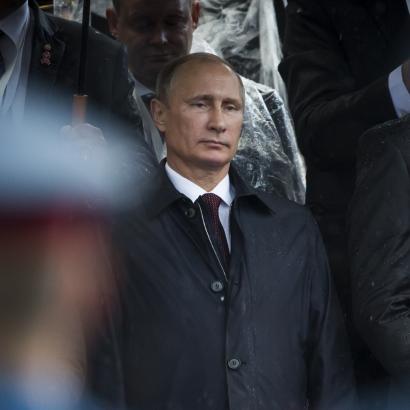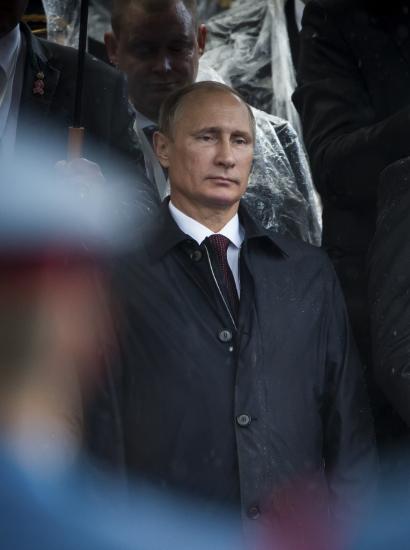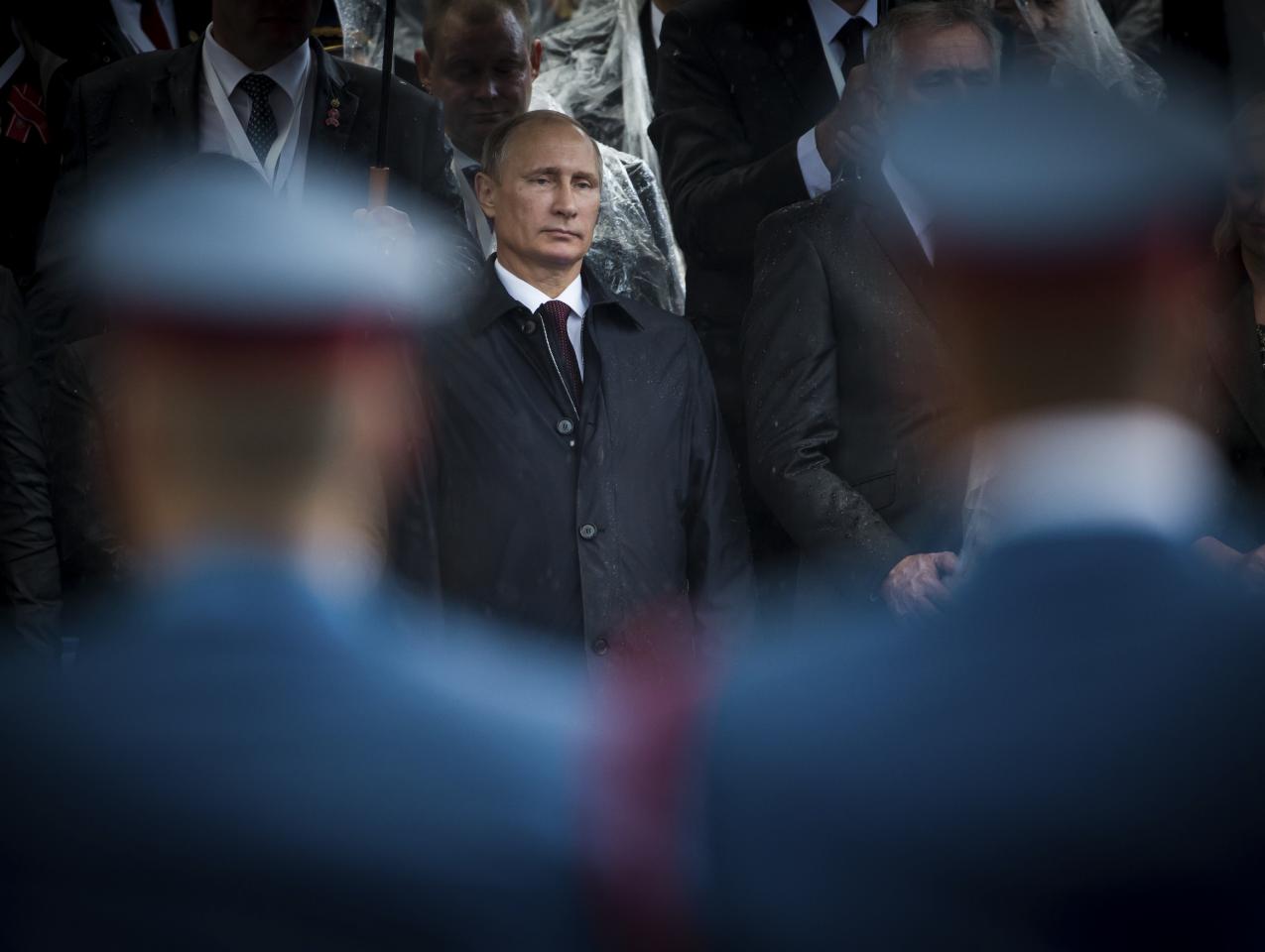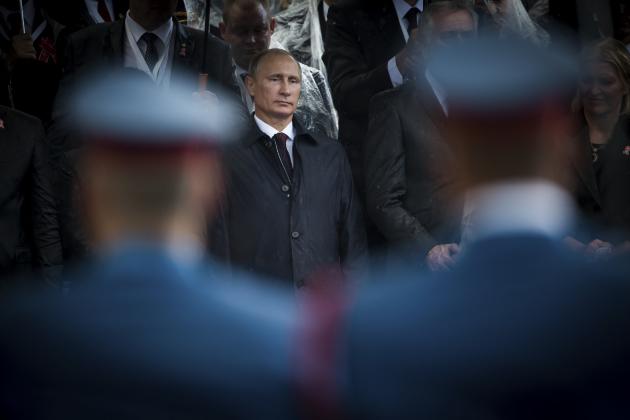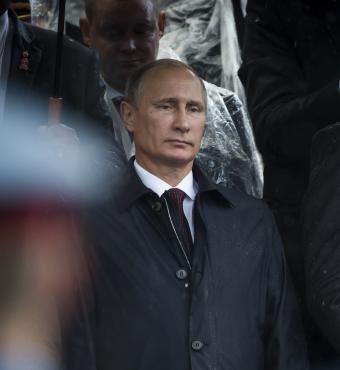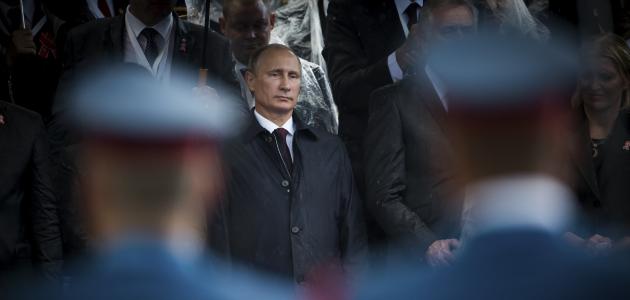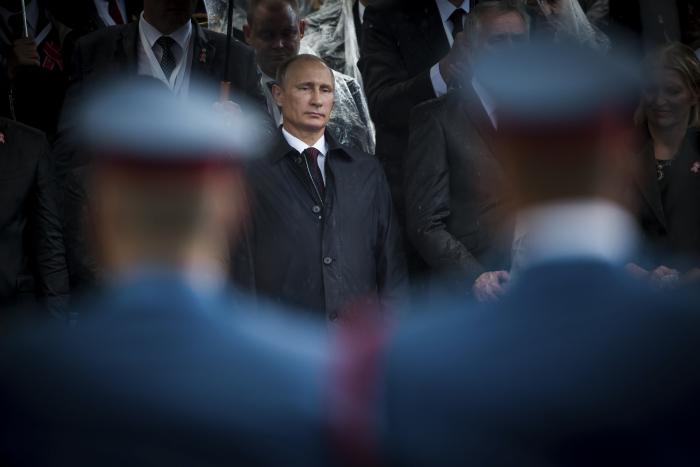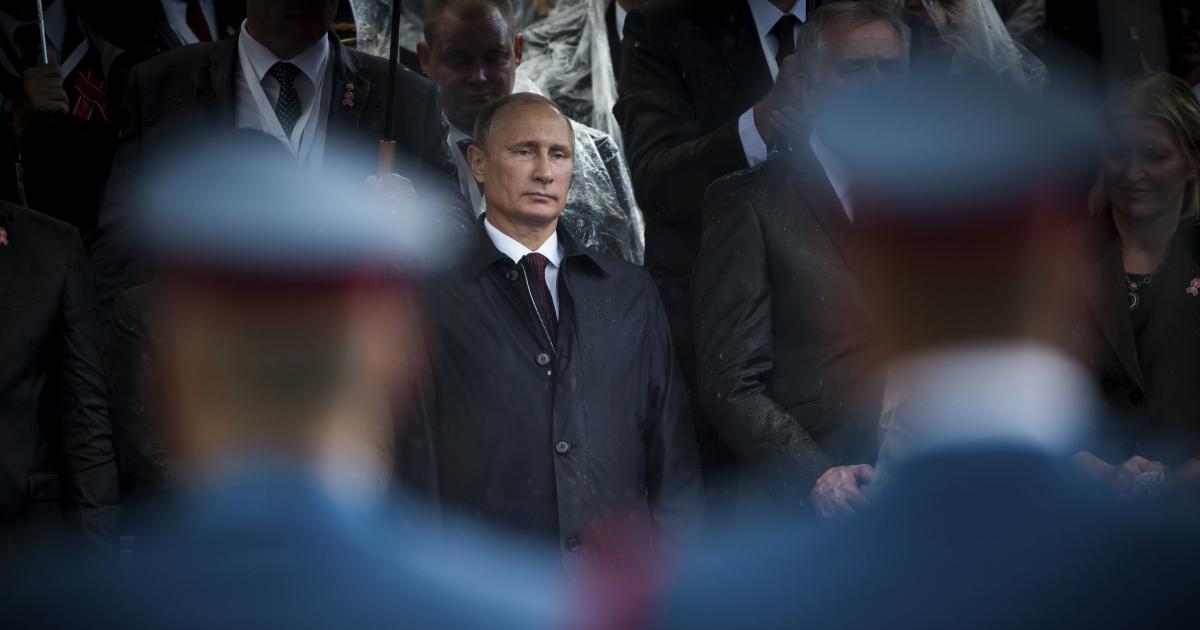Vladimir Putin’s victory in the recent “election” has triggered a debate once again about Russians and their political preferences. Is Putin’s leadership shaping Russian society or are Putin and his polices a reflection of Russian society? This debate gets particularly passionate when discussing who is responsible for the Russian invasion of Ukraine. Is it Putin’s war or is it Russia’s war?
Of course, the truth lies somewhere between extreme positions. Regarding Putin’s popularity, I believe that most Russians support or at least do not actively oppose him. I have to say “believe” because we have no credible data to support this hypothesis. What happened in Russia in March was not a free and fair election. Putin did not allow any competition. When Boris Nadezhdin, the antiwar candidate, started to gain some traction, Russia’s Central Election Commission allegedly found some irregularities in his list of supporters’ signatures and barred him from the ballot. None of the other candidates even tried to run alternative campaigns. They were not allowed access to resources—airtime, media, and money—to do so. There were no campaign launches, discussions, or debates. And, of course, Putin’s strongest election competitor—Alexei Navalny—was first poisoned, then jailed, and then killed.
Putin’s alleged final tally—88 percent of the vote!—underscored the farcical nature of the whole event. In the old days, Putin tried to make his election victories look competitive. Last month, he didn’t even try.
Public opinion polls in totalitarian dictatorships also reveal little knowledge about actual societal preferences. In a heavily surveilled country where you can go to jail for even uttering the word “war,” there is only one rational response to a call from an unknown poll worker from Moscow asking you if you support Putin and his policies. Yes. We know from previous breakdowns of autocracies that real preferences about dictators are revealed only when it is safe to do. (Read about Timur Kuran’s insightful work on this subject).
Yet, even with all these caveats, I still believe that most Russians—actively and passively—support Putin today. After a quarter century of both covert and overt propaganda carefully crafted by Putin, encompassing all mainstream media, the education system, pop stars, athletes, and so on, plus active suppression of alternative media, political parties, and leaders—especially after the arrest and murder of Navalny—and three wars of the sort that always produce a rally-around-the-flag effect in societies, we should not be surprised by this support for Putin. Those Russians who support him also bear responsibility for the barbaric invasion of Ukraine. So, it is both Putin’s war and Russia’s war.
But has it always been this way? Do Russians have a genetic predisposition toward dictatorship at home and imperialism abroad? Is Putin’s presidency the natural and inevitable expression of Russian culture? I don’t think so. First, Russians did practice democracy in the late 1980 and 1990s and at times elected leaders who were pro-democratic and anti-imperial. Second, Putin’s coming to power was an accident. He was not destined to lead Russia. There was no groundswell of popular support for him when he first came to power. A different path for Russia was possible and, in fact, almost happened.
These what-ifs in history are called counterfactuals, and in the case of Russia’s history, we have a persuasive one. Imagine if Boris Nemtsov had been elected president in 2000. Russia’s political system would have liberalized and democratized, or at least it would not have become so autocratic. Nemtsov celebrated Ukraine’s democratic breakthroughs in 2004 and 2014, so Nemtsov’s Russia clearly would not have tried to undermine Ukraine’s democracy—not in 2004, not in 2014, and not in 2022.
This counterfactual is not farfetched. It almost happened. First appointed by Boris Yeltsin as governor of Nizhny Novgorod in 1991, Nemtsov subsequently won election with 58.7 percent of the vote. Soon after, Yeltsin started grooming Nemtsov as his heir. As a member of parliament elected several times, an elected governor, and then as a deputy prime minister of the Russian government, Nemtsov had already demonstrated his electability, appeal, and ability to govern. At the time, he was a much more famous and charismatic political leader than bureaucrat Putin. In 1997, Yeltsin named Nemtsov the first deputy prime minister of the Russian government—a move that everyone interpreted as a stepping stone for his presidential run.
The 1998 financial crash—an economic meltdown triggered by events in East Asia, not Russia—interrupted the plan. The crash made the economic situation in Russia especially dire, with the nation already suffering from the enormous costs of transforming the command economy into a market system after the dissolution of the Soviet Union in 1991. In response, Yeltsin fired his pro-market government, including Nemtsov, and felt compelled to name the Communist-backed hard-liner Yevgeny Primakov as prime minister. Primakov was one of the few candidates the parliament would approve at the time.
But the search in the Kremlin then started immediately for a new candidate to challenge Primakov and his allies, first in parliamentary elections in 1999 and then in the presidential election in 2000. Eventually, Yeltsin and his inner circle settled on the little-known (but presumably pliant) secretary of Russia’s Security Council, Vladimir Putin, to be the new prime minister. When Yeltsin abruptly resigned from the presidency on December 31, 1999, Prime Minister Putin automatically succeeded as acting president, allowing him to run in the March 2000 presidential elections with the advantage of incumbency.
Had the 1998 global financial crisis not forced Nemtsov’s government to resign, he would have emerged as Yeltsin’s heir apparent in 2000, won that election easily with the backing of Kremlin resources (just as the virtually unknown Putin did instead), and pushed Russia’s regime trajectory and foreign policy in a very different direction. And note: Russia’s economy finally started to grow again in 1999, and then took off in the 2000s. Had that happened on Nemtsov’s watch, he and his ideas would have become even more popular, just as it happened to Putin and his ideas.
Of course, Russian autocratic, nationalist, and imperialist forces would have tried to check Nemtsov’s policy impulses, just as they tried to do so with Soviet leader Mikhail Gorbachev and Yeltsin. But to assume that they would have won is speculation, not fact.
Tragically, it will take years or even decades to unwind the damage done to Russian society after nearly twenty-five years of Putin’s rule. Maybe it won’t happen at all. But two facts suggest that Russia without Putin can have a different, more democratic, and less imperial future. First, it happened before, which means that it can happen again. Second, pro-democratic, anti-imperial Russians exist. Many if not most of them now live in exile. Those still inside Russia are keeping quiet to avoid prison. They are not the majority. (For a deeper dive on this subject, read “Are Russians Imperialists?” in Demokratizatsiya.) But they exist. They read news from independent media outlets, again with most operating from outside Russia. They have their leaders, including most prominently Yulia Navalnaya, the widow of Alexei Navalny, but also Vladimir Kara-Murza and Ilya Yashin—both now in prison—and many others living in exile. And inside Russia, even during Putin’s sham election, they show up in numbers on election day at the “Noon against Putin” protest, spoiling ballots. As I wrote after the vote, Yulia Navalnaya was the real winner of Russia’s 2024 election.
Today, Putin is firmly entrenched in power. Over the past twenty-four years, he has constructed a very effective autocratic regime, operating on fear and terror. But on the day Putin dies or is no longer in power, political competition will begin again in Russia. The forces of Russian dictatorship and imperialism will still be strong, but their hold on power is not preordained to last forever. Russian history tells us there is an alternative path. And brave Russians fighting for that different path today should give all of us hope.







